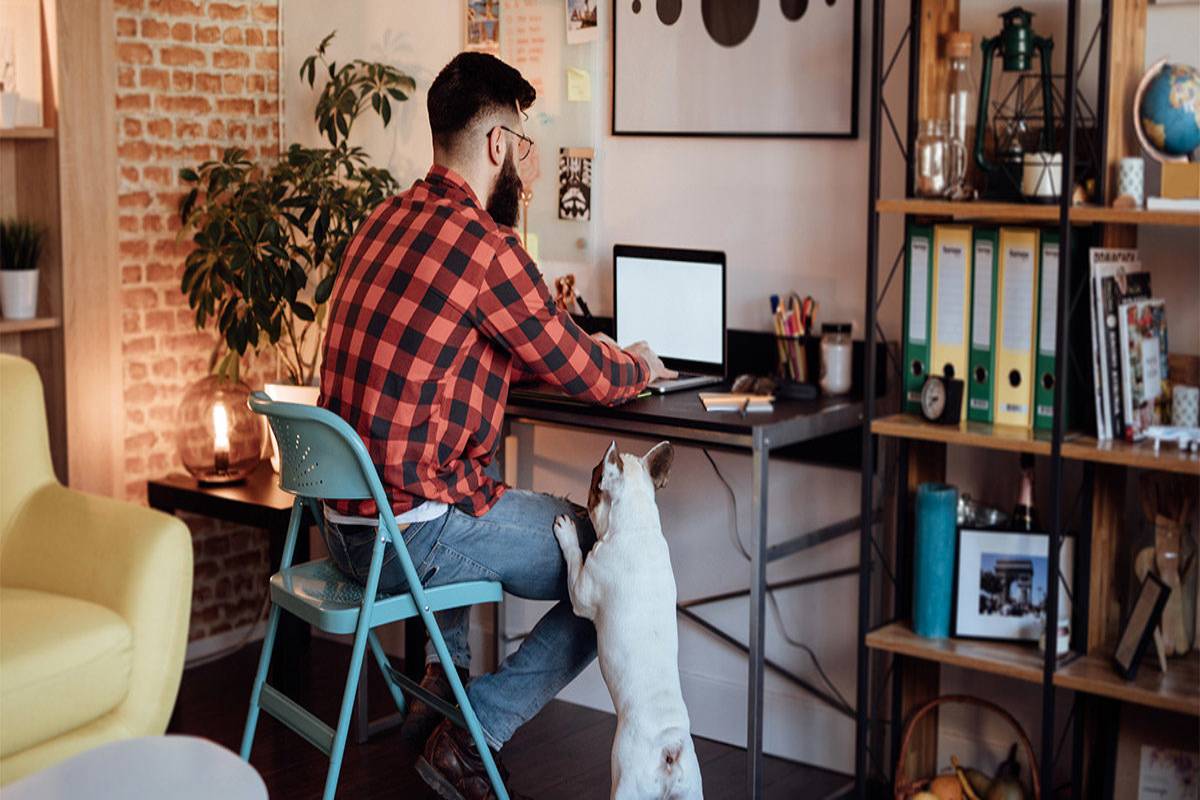
What is Mental Health in COVID-19? – Definition, 12 Measures of Mental Health in COVID-19
Table of Contents
Mental Health in COVID-19 Definition
The mental health COVID-19 pandemic has likely considerably changed the way you live your life, bringing uncertainty, disrupted daily routines, economic pressures, and social isolation.
And you worry about getting sick, how long the pandemic will last, and what the future will bring.
Over information, rumors, and misinformation can leave you feeling out of control and unclear on what to do.
During the COVID-19 pandemic, you may feel stress, anxiety, fear, sadness, and loneliness. Mental health disorders, including anxiety and depression, may get worse.
And best surveys show a significant increase in the number of adults in the United States, reporting stress and anxiety symptoms. And depression during the pandemic compared to pre-pandemic surveys.
Some peoples have increased their use of alcohol or drugs, thinking that they can help them face their pandemic fears. Using these substances can make anxiety and depression worse.
People with substance use disorders, especially those addicted to tobacco and opioids, are likely to worsen if they contract COVID-19.
These addictions can damage lung function and weaken the immune system, causing chronic conditions such as heart and lung disease, increasing the risk of severe complications from COVID-19.
For all these reasons, learn self-care strategies and seek the care you need to help you cope with this situation.
What are the Self-care Measures?
- Self-care measures in mental health in COVID-19 are suitable for your physical and mental health, and they can help you take control of your life. And take care of body and mind, and connect with others to benefit your mental health.
1. Take Care of your Body
- Pay attention to your physical health
2. Sleep Enough
- Go bed and get up at a similar time every day. Follow your regular schedule, even if you are staying home.
3. Get Regular Physical Activity
- Regular physical activity and exercise help reduce anxiety and improve mood. Find an activity that includes movement.
- Such as dance or exercise apps. Get outside in an area where it’s easy to keep your distance from other people, such as a nature trail or your patio.
4. Eat Healthily
- Choose a well-balanced diet and avoid eating junk food and refined sugar. And limit caffeine, as it can aggravate stress and anxiety.
5. Avoid Tobacco, Alcohol, and Drugs
- If you smoke tobacco or vape, you are already at a higher risk of lung disease. Since COVID-19 affects the lungs, your risk increases even more.
- Drinking alcohol deal with the situation can make things worse and reduce your ability to cope. And avoid taking drugs as a means of dealing unless your doctor has prescribed medication.
6. Limit Screen Time
- Turn off electronic devices sometime every day, and do so 30 minutes before bed. Make an effort to spend less time in front of a screen – be it a television, tablet, computer, or phone.
7. Relax and Recharge your Batteries
- Make time for yourself. Even a few quiet minutes can refresh you and help calm your mind and reduce anxiety.
- Many people benefit from practices like deep breathing, tai chi, yoga, or meditation. Take a bubble bath, listen to music, or read or listen to a narrated book – do whatever helps relax. Pick techniques that work for you, and practice it regularly.
8. Take Care of your Mind
- Reduce Stress Triggers
9. Maintain Your Normal Routine
- Keeping a regular schedule is essential to your mental health. In addition to maintaining a regular bedtime routine, have consistent meals, bathing and dressing, work or study hours, and exercise.
- Also, take some time to do activities that you enjoy. It procedure can make you feel like you have more control.
10. Limit Your Exposure to the Media
- The constant news about COVID-19 in all types of media may contribute to fear about this disease. Limit your use of social media that can expose you to rumors and false information.
- Limit reading, listening to, or watching other news, but frequently check on national and local recommendations.
- And look for reputable sources, such as the United States Centers for Disease Control and Prevention (CDC) and the World Health Organization (WHO).
11. Keep Busy
- A distraction takes you away from the cycle of negative thoughts that fuel anxiety and depression.
- Enjoy hobbies you do at home, identify a new project, or organize that closet as you promised to do one day. Do something positive to control anxiety is a healthy coping strategy.
12. Use your Moral Values or your Spiritual Life for Support
- If your beliefs give you strength, they can provide comfort in difficult times.Also you can find more helpful resources at technologybeam.
Also read : Gel Polish Write For Us, Guest Post, Contribute and Submit Post


